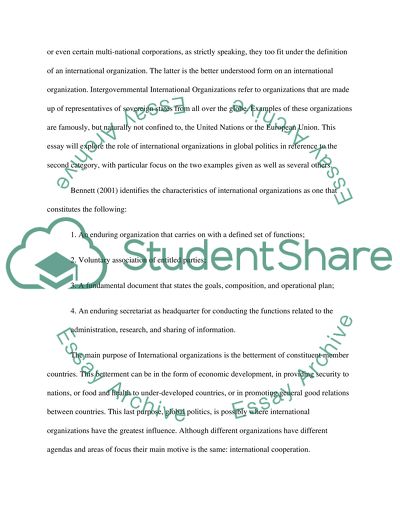Cite this document
(“The Role of International Organizations in Global Politics Coursework”, n.d.)
The Role of International Organizations in Global Politics Coursework. Retrieved from https://studentshare.org/social-science/1412323-course-module-un-the-essay-question-is-what-role
The Role of International Organizations in Global Politics Coursework. Retrieved from https://studentshare.org/social-science/1412323-course-module-un-the-essay-question-is-what-role
(The Role of International Organizations in Global Politics Coursework)
The Role of International Organizations in Global Politics Coursework. https://studentshare.org/social-science/1412323-course-module-un-the-essay-question-is-what-role.
The Role of International Organizations in Global Politics Coursework. https://studentshare.org/social-science/1412323-course-module-un-the-essay-question-is-what-role.
“The Role of International Organizations in Global Politics Coursework”, n.d. https://studentshare.org/social-science/1412323-course-module-un-the-essay-question-is-what-role.


